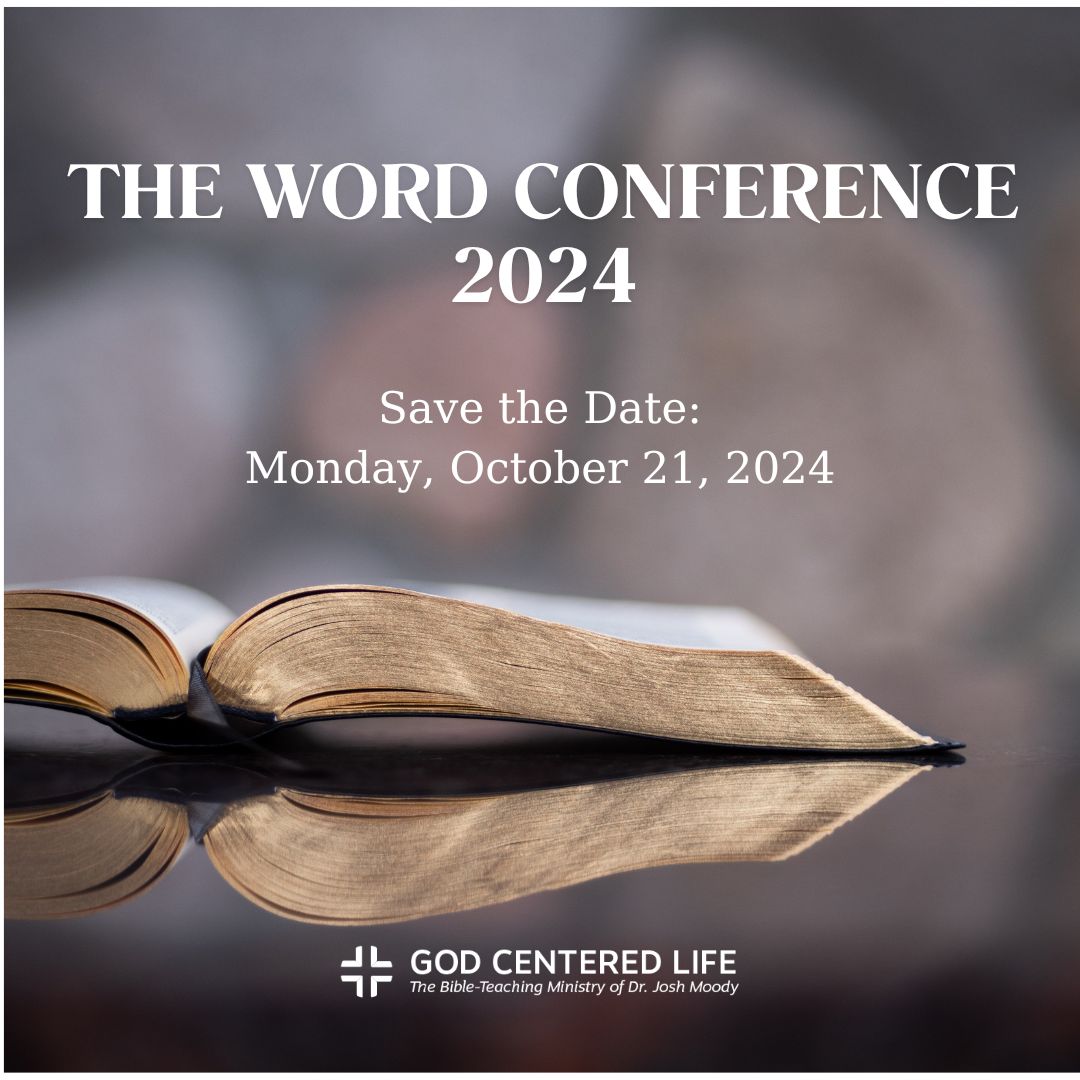January 16, 2017: Do Not Worry
January 16, 2017
TODAY'S BIBLE READING:
Genesis 36, Psalm 16, Matthew 6:25-34, Acts 9:20-43 Matthew 6:25-34: This section is justly famous, wonderfully practical, and precious to Christians down through the ages. It begins with “therefore,” and as always when we see a “therefore,” we should ask “What is it there for?” In other words, what is this instruction building from in the previous section? The answer here is that Jesus, having talked about money and our need not to serve money, now tells us not to be anxious. For one great source of anxiety is material anxiety, anxiety over possessions and provision. But if we are serving God, then we have no cause to worry—which Jesus will now explain. He begins with a series of questions. This is brilliant teaching because the psychological experience of worry is often rooted in asking the wrong questions in our minds and hearts, as one thought races around another thought, and all these thoughts pile up on each other and generate anxiety. So instead, ask the right questions. They include the following: “Is not life more than food, and the body more than clothing?” (6:25). In other words, even if we were (worst case scenario, for anxiety loves to go to worst case scenarios) lacking food and clothing, is it not true that life and body are more than these things? It puts the issues in perspective. This is not life and death—difficult as it may be, and in extreme examples could be. “Are you not of more value than they?” (6:26). He has told the illustration of the birds of the air. As has many times been commented, the birds do not store, but they do peck around for food. So Jesus is not teaching against working for a living, but against worrying as a way of living. The question elucidates the fact that to our heavenly Father, we are much more valuable than birds, and yet he provides for them. “Why are you anxious about clothing?” (6:28). Some people are so poor that finding clothing is a real point of anxiety. Others worry about clothing for issues of presentation or beauty or aesthetics or “looking cool.” Either way, Solomon was not clothed as well as the flowers of the field (6:29), so again we are more valuable than flowers that perish in a day. So, “O you of little faith” (6:30), the cure for worry resides in faith—don’t worry. Now we come to a second, and reinforced, “therefore” (6:31). Therefore, stop asking the worrying questions. People who are worrying tend to have a lot of questions, questions about the future (“What shall we eat?”) and questions about important matters, real matters, that create a spiral of anxiety. There is not just a command here (though “do not be anxious” is a command), but there is a reason for the command. “Therefore.” Because of the previous points, the different kinds of questions that reveal truth in place of fear, we are not to worry and have no reason to worry. Sometimes the bare command “Don’t worry” can create its own worries: now, I’m worrying about worrying. But this command not to worry comes on the back of and is supported by reasons and ways of applying those reasons (by asking questions) that can help us with our otherwise understandable anxieties. Verse 32 is in some ways the nub of it. Gentiles, or pagans, or those who have a different faith than do disciples of Jesus, run after all these things. Without a real and secure hope in heaven and in Christ, then you are naturally inclined to run after these things that can cause anxiety. Without a faith in a God as your heavenly Father, then also you are liable to run after material possessions that produce anxiety. But we who follow Jesus have a heavenly Father, and he knows (and will provide for us in his wisdom as he decides is best) about all these things. Verse 33 is extraordinarily famous and worth learning by heart. At its most basic, and most important, it reflects a reciprocal promise or covenant. Seek first God’s kingdom, and God will take care of all these other things. Let your care, or your “anxiety,” be for God and his glory, and God will “care” for all these other things. Cast your burdens on him for he cares for you (1 Peter 5:7). Who would not want to take up this promise with both hands? What better deal could there be than having the Lord of heaven and earth, the Almighty, God of all, promise to take care of your business—that is, if you make it your business to seek first his kingdom! Finally, the command to not be anxious is repeated once more (6:34), this time with two brief, hammering-in-the-nail rationales: 1. Let tomorrow worry about itself. It’s a very human level reason, but it’s a good reason. “It is what it is,” people sometimes say. That’s tomorrow’s problem. Let tomorrow worry about itself. 2. Each day has enough trouble of its own. When you go to sleep at night, don’t even bother thinking—in the sense of worrying—about tomorrow. Today has quite enough to think about all on its own! To receive God Centered Bible devotionals directly in your inbox, sign up here.]]>
ABOUT THE AUTHOR
Josh Moody (Ph.D., University of Cambridge) is the senior pastor of College Church in Wheaton, IL., president and founder of God Centered Life Ministries, and author of several books including How the Bible Can Change Your Life and John 1-12 For You.
WANT MORE?
To receive God Centered Life devotionals directly in your inbox, as well as other resources, enter your email address in the form at the bottom of this page and click "subscribe."

